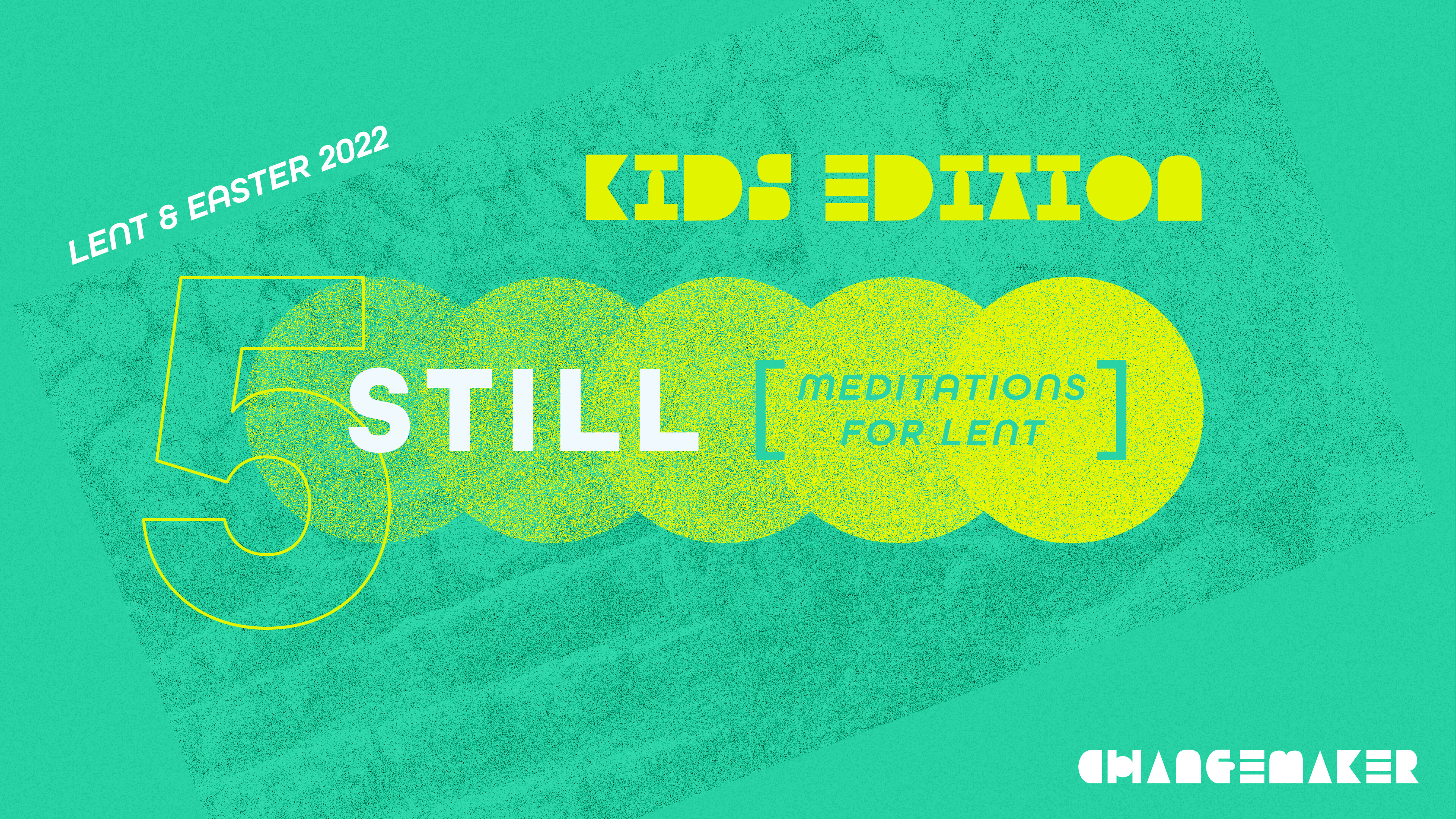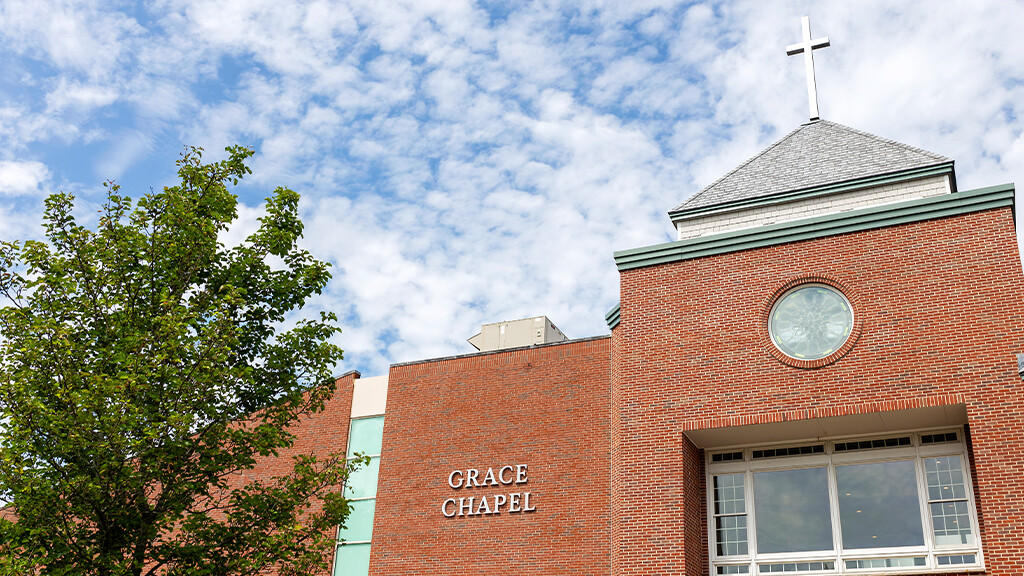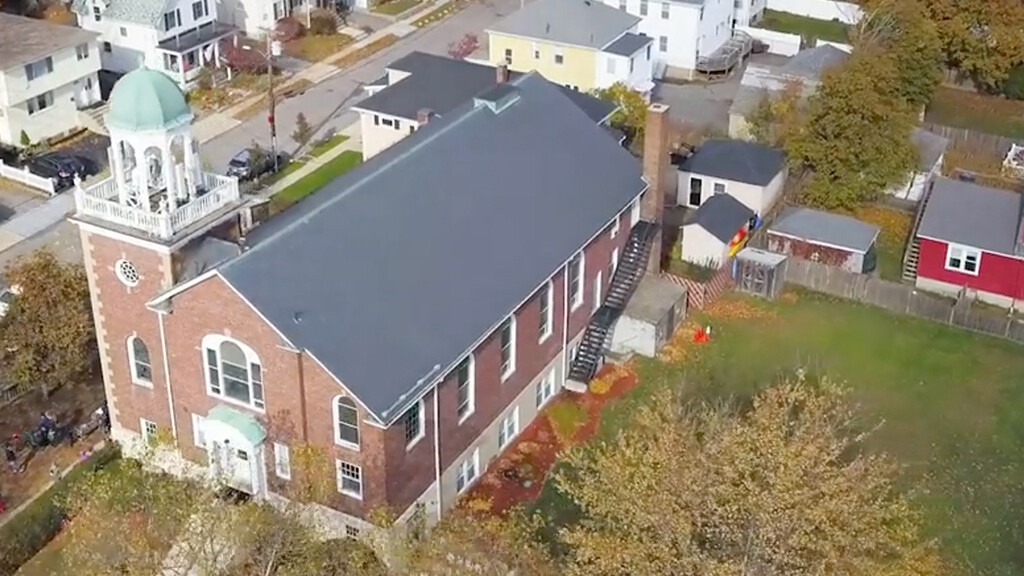
Week 5: Kids | Still: Meditations for Lent
From John 18 and Matthew 26
Now the servants and officers had made a charcoal fire, because it was cold, and they were standing and warming themselves. Peter also was with them, standing and warming himself.
The hour is late, and the night is cold. The sun has been gone for hours. The Passover meal feels like a distant memory, and Peter’s stomach is tense with stress and hunger. Anyone who could go home has gone. But Peter can’t walk away.
In the flickering glow of the fire, a servant girl studies Peter. “Aren’t you one of the man’s disciples?” she asks. “I’m not,” he mutters. Upset, he moves to another part of the courtyard, but a second servant says the same thing:
“He was with Jesus of Nazareth.” And Peter denies it with an oath: “I don’t know the man!”
Finally some bystanders—each nudging the other forward—confront him a third time. “Your accent gives you away!” they insist. “Certainly you are one of them.”
One of them is not who Peter wants to be right now. Inside the high priest’s home, Jesus is being interrogated and abused. Peter knows this. He knows the risk of being associated with Jesus; he knows the situation isn’t good or safe. Why didn’t Jesus let them fight those soldiers, back in the garden? Peter was ready! Instead… Jesus is left to face the unlawful judgment of the political leaders.
It hasn’t been a good night—and now these servants won’t leave Peter alone.
And so he insists for a third time: “I do not know the man!”
In the silence following his outburst, a rooster crows. And in the light that comes from the sunrise Peter can suddenly see: he has betrayed his dearest friend, the one he swore he would follow anywhere. He leaves the courtyard—and he weeps, he is so very upset.
Maybe Peter cries because he realizes he’s spoken the truth: he doesn’t know Jesus as well as he could, or should, or still can. Jesus knows him, right down to the accurate prediction of his denial. Jesus knows us through and through.
When does being one of them feel uncomfortable for you? Maybe it’s at school, or on your sports team; with a certain group of friends, or sometimes, even family. Maybe it’s when you see something in the news or history connected to Christianity, and you’d just rather not be associated. Take a moment and imagine yourself around that fire—on a dark night, with a chill in the air, and everything in the world feeling wrong.
Peter did know Jesus—but he needed to know him more, and better, and more deeply. And Jesus gave him the chance—just like he gives it to us. Jesus didn’t return Peter’s actions the next time they met; he didn’t deny knowing Peter, or cancel him as a friend.
Instead Jesus invited Peter, once again, to follow him: whatever his failures were, it’s how Peter had gotten to the courtyard in the first place. We follow Jesus imperfectly—but we follow the one who knows us best, and became one of us.





